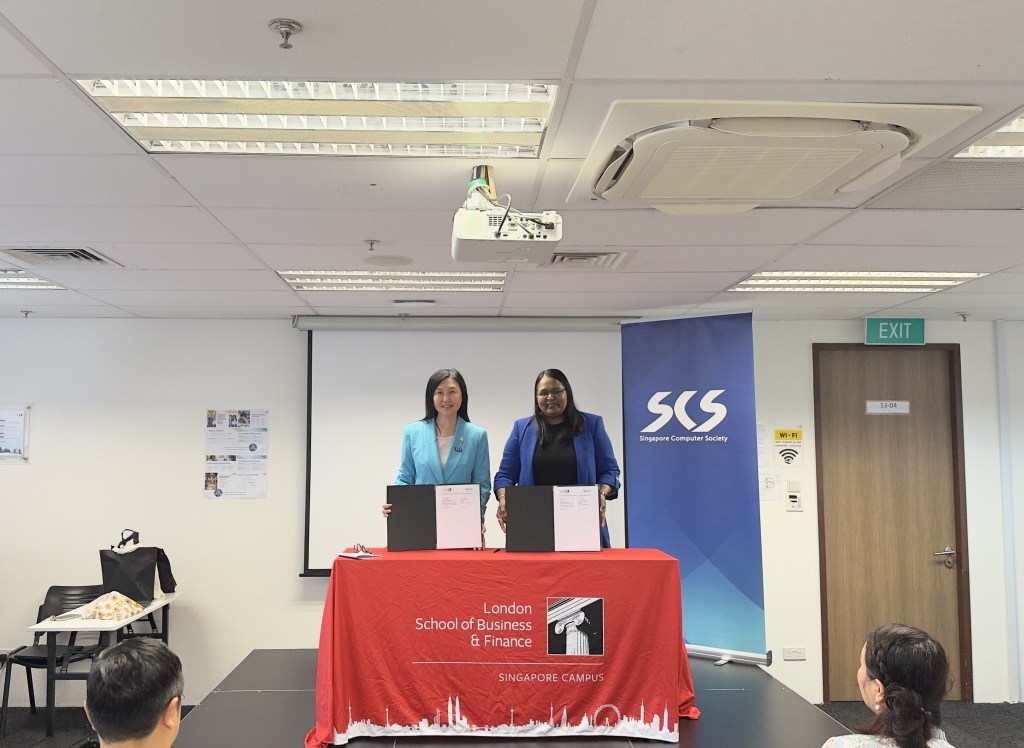CATEGORIES
Navigate Our Blog Library
LSBF SINGAPORE Campus EXPERIENCE
A Tapestry of Learning and Growth
Welcome to LSBF Singapore Campus’s blog, where we delve into diverse facets of education, innovation, and student life.
Explore insightful articles on accountancy, management, technology, sustainability, and more, offering a comprehensive view of our dynamic educational community.

Latest News
 Articles Press Releases
Articles Press Releases
LSBF Singapore Campus Partners Singapore Computer Society to Empower Future-Ready Professionals
The London School of Business and Finance (LSBF) Singapore Campus has partnered with the Singapore Computer Society (SCS) to officially launch the SCS Student Chapter on campus, giving students direct access to the nation’s leading infocomm and digital media community. This milestone partnership connects LSBF students to Singapore’s thriving digital ecosystem through professional networks, career […]
 `
`
 `
`
 `
`
 `
`
 `
`
 `
`

